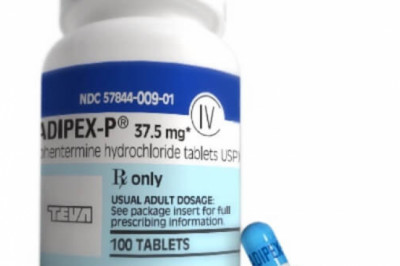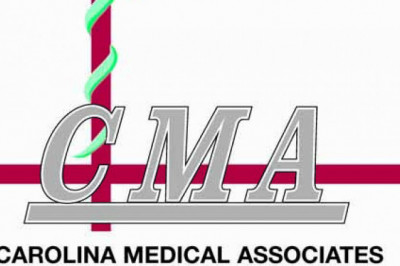views

A range of treatments can aid in the recovery of a person who has suffered a TBI and lessen or eliminate various physical, emotional, and cognitive issues that can arise from the injury.
Traumatic brain injury treatment options, such as type, setting, and duration, are determined by the severity of the injury and the brain area affected.
In this article, we focus on what TBI is and the different types of treatment available.
TBI
Knowing TBI symptoms can be confusing for an ordinary person. Traumatic brain injury (TBI) is a nondegenerative, non congenital lesion to the brain caused by an external force, resulting in permanent or temporary impairment of cognitive, physical, and psychosocial functions.
The definition of a traumatic brain injury (TBI) has not been uniform, and it varies according to specialty and circumstances. Brain damage is frequently used interchangeably with head injuries, which may or may not get linked with neurologic impairments.
TBI Treatments
Mild TBI Treatment
Mild TBI, often known as concussion, may not require any therapy beyond rest. Following a healthcare provider's directions for total rest and a gradual return to normal activities after a mild TBI.
The TBI medical recovery process may take substantially longer if a person returns to normal activities too soon and develops TBI symptoms. Even if they are not physically demanding, some activities, such as working on a computer and focusing hard, can weary the brain.
A person who suffered a concussion may need to limit these activities or take regular breaks to allow the brain to rest.
Emergency TBI Treatment
Emergency care aims to stabilize and keep the patient alive, including ensuring that the brain gets enough oxygen, managing blood and brain pressure, and preventing other head or neck injuries. Different sorts of TBI medical therapy might begin if the patient is stable.
In some cases, surgery is required as emergency care to prevent brain injury. Surgical procedures may include:
Repairing Skull Fractures
Setting severe skull fractures or removing portions of the skull or other debris from the brain area can help the skull and surrounding tissues recover more quickly.
Removing Blood Pools Or Clots
Hematomas are huge patches of clotted blood caused by bleeding in the brain or between the brain and the skull. These clots or pools of blood impose pressure on the brain and can cause damage to brain structures.
Relieving Pressure Inside The Skull
The brain is damaged by increased pressure in the skull caused by edema, bleeding, and other factors. During emergency care, the ICP of a TBI patient is monitored. To relieve pressure inside the skull and allow excess fluid to escape, a hole in the skull or the addition of a shunt or drain may be required.
Medications
Medications can help treat TBI symptoms and reduce the likelihood of developing some of the disorders that come with it. Some drugs are helpful right after a TBI, while others manage symptoms and difficulties connected to TBI recovery months or years afterward. A neurologist in Waxahachie Tx may prescribe the following drugs.
- Anticonvulsants to prevent seizures
- Diuretics to help remove fluid that can increase pressure inside the brain1
- Stimulants to increase alertness and attention
Rehabilitation Programs
People with TBI can use therapies to help them regain functions, relearn abilities, and find new methods to accomplish activities that consider their new health status.
Physical, emotional, and cognitive issues and various activities such as daily self-care, driving, and socializing with people can benefit from rehabilitation.
These therapies may be required only briefly after an accident, on occasion during a person's life, or on an ongoing basis, depending on the injury.
Therapy starts typically in the hospital and can continue in various settings, including rehab hospitals, skilled nursing facilities, residences, schools, and outpatient programs.
A team of healthcare professionals, the person's family, and a team manager are usually involved in rehabilitation. They frequently collaborate to create a treatment plan tailored to a person's unique needs and improve his or her ability to operate efficiently at home and in the community.
To Conclude:
Traumatic brain injuries are potentially life-threatening. The implications of severe TBI can quickly escalate and result in something fatal if immediate treatment is not made available to the patient. Hence, it becomes essential for a neurologist in Waxahachie Tx and health professionals to analyze the situation and start traumatic brain injury treatment immediately. Find more information about Traumatic Brain Injury at Advantage Medical Clinic.












